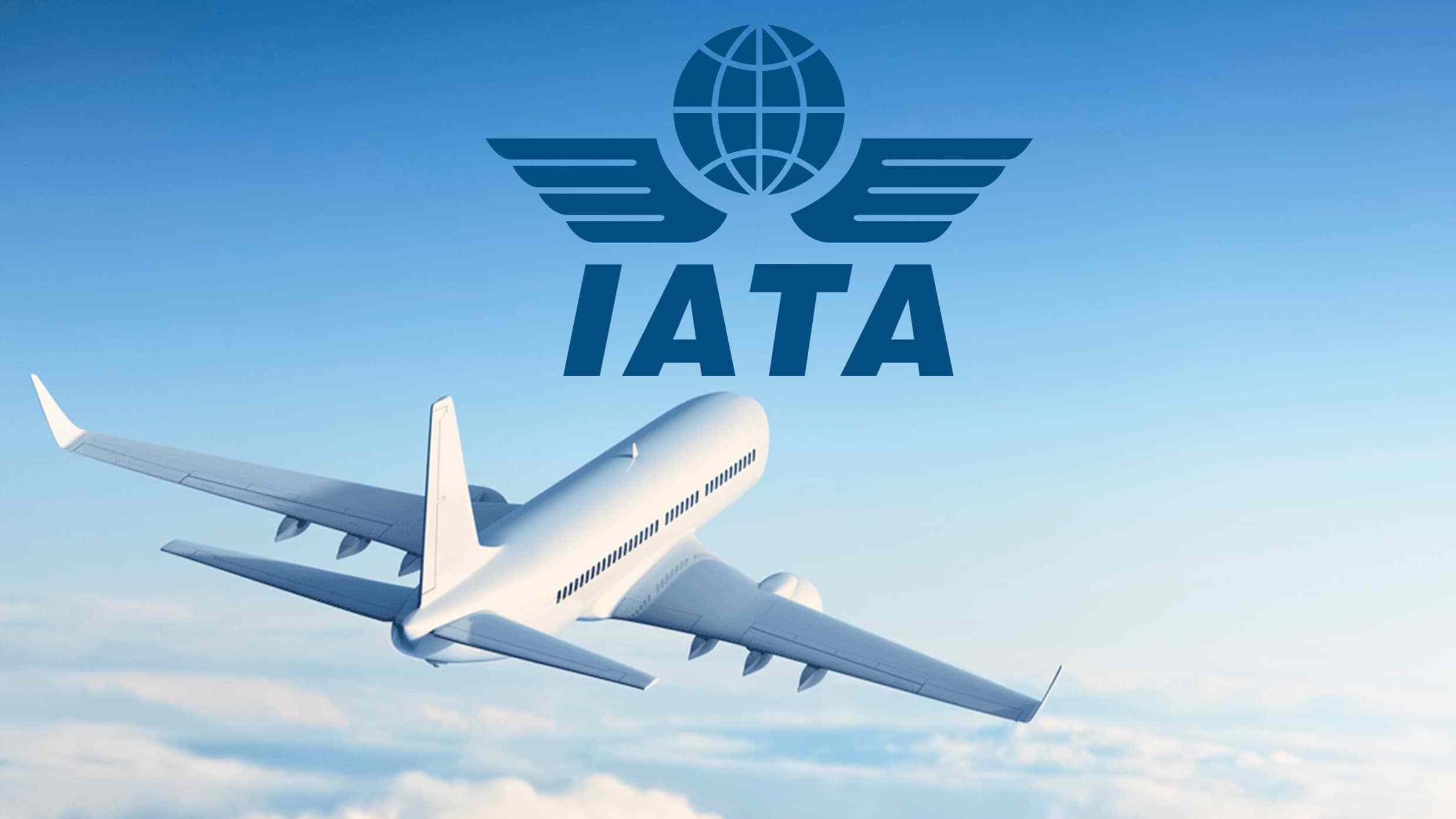Nigeria is preventing the repatriation of $450 million in international airline revenue, IATA

According to an executive
at the world's largest airline organization, IATA claimed on Sunday that
Nigeria is keeping $450 million in revenue generated by multinational carriers
operating in the country.
As the country
grapples with a chronic dollar shortage, Africa's biggest economy has limited
access to foreign currencies for imports and investors trying to repatriate
gains.
Kamal Al Awadhi,
Vice President of the International Air Transport Association for Africa and
the Middle East, characterized discussions with Nigerian officials to release
the cash as a "hectic ride." According to IATA, Nigeria limited the
funds to enable for the importation of crucial products and services as well as
the repatriation of dividends by investors implying that getting country
officials to transfer cash might be stressful. He also voiced concerns that the
scenario might "damage" Nigeria's aviation business in the future as
airlines explore revenue-protecting strategies.
"We keep
chipping away and hoping that it clicks that this is going to going to damage
the country down the road," he told reporters in Doha on the eve of IATA's
annual meeting of airline chiefs there this week.
Nigeria restricted
funds increased 12.5 percent month over month, according to statistics from May
2022. This figure shows the total amount of international airline income that
the carriers are unable to repatriate.
According to a
study initially published by Reuters, the International Air Transport
Association (IATA) alleges that governments owe airlines approximately $1
billion in revenue, with Nigeria accounting for 45 percent of the total.
Other African
countries, such as Algeria, Ethiopia, and Zimbabwe, owe international airlines
a total of $271 million.
The
country has been experiencing a serious currency collapse, with the
difference between official and black market exchange rates reaching an
all-time high of around N180.
Corporations with
forex inflows have been compelled to conceal their money overseas to avoid
having to report their funds locally and being obliged to convert at standard
rates when they may make a larger margin on the illicit market.
Airline companies,
on the other hand, charge domestic currency ticket costs, despite the fact that
airfares are translated to local currency using the CBN Nafex exchange rate.
Nigeria's oil
revenues have also fallen short of expectations, resulting in a financial
shortfall.
IATA has
undertaken two rounds of conversations with Nigerian officials, notably the
Central Bank, who, according to Al Awadhi, are "not responsive"
to the release of funds.
According to Reuters, another round of discussions between the airline lobby organization IATA and Nigerian officials is set to begin soon.


Be the first to comment!
You must login to comment